Warehouse
Deadline
July 10, 2026
Judging
Date
July 27, 2026
Winners
Announced
August 12, 2026
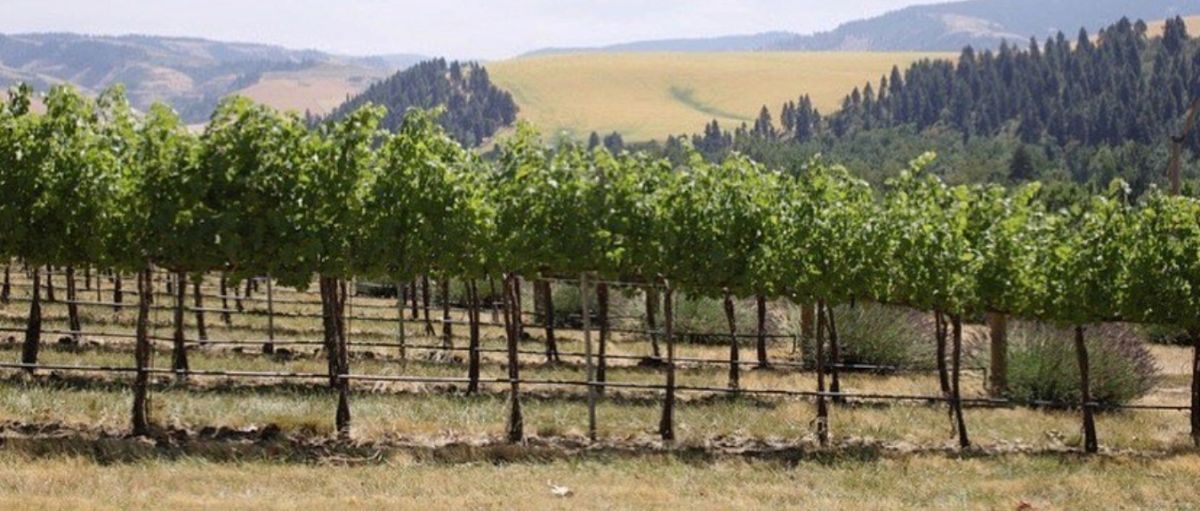
Sustainability is no longer a trend in the wine industry—it’s an expectation. As consumers increasingly seek eco-conscious wines, vineyards that embrace sustainability gain a competitive edge. But how can a vineyard prove its commitment to responsible farming? Certifications offer a credible, third-party-verified way to showcase environmental stewardship, social responsibility, and economic viability. From Certified California Sustainable Winegrowing to Demeter Biodynamic Certification, the USA Wine Ratings explores key sustainability certifications, detailing their value and how vineyards can achieve them. Whether you're looking to enhance vineyard resilience, improve wine quality, or appeal to eco-conscious consumers, these certifications can set your winery apart.
CCSW ensures that vineyards and wineries uphold rigorous sustainability standards while crafting high-quality wines. This certification focuses on environmental stewardship, social responsibility, and economic viability. To qualify, businesses must implement sustainable practices outlined in the California Code of Sustainable Winegrowing, measure resource use, and undergo annual third-party audits. Key areas include water and energy efficiency, soil health, pest management, and community engagement. The CCSW logo signals a commitment to transparency and continuous improvement, offering consumers confidence in sustainable winemaking. Achieving certification elevates a winery’s reputation and supports California’s thriving wine industry.
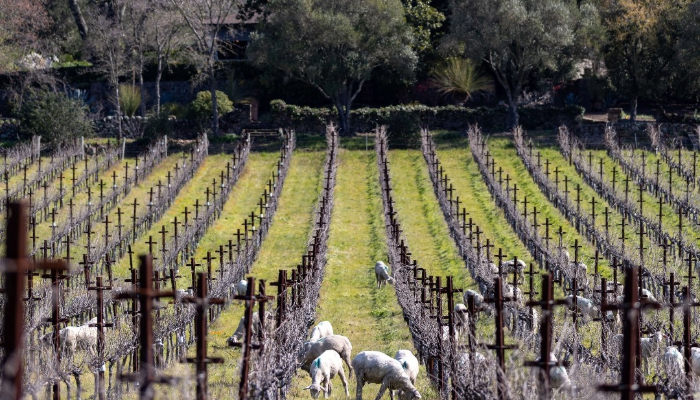
Image: Stags’ Leap Winery, a vineyard with CCSW certification
SIP offers vineyards a rigorous, third-party verified path to sustainability, ensuring their commitment to protecting people, the planet, and long-term prosperity. By achieving this certification, vineyards demonstrate responsible farming through water conservation, habitat preservation, safe pest management, and ethical business practices. Certification requires compliance with strict, science-based standards and is renewed annually. Wineries using at least 85% SIP Certified fruit can also certify their wines. With over 43,000 certified acres, SIP Certified helps vineyards enhance their environmental and social responsibility while ensuring business viability, providing a trusted mark of sustainability for consumers worldwide.
Also read: Looking at sustainability on the shelves and beyond
The Napa Green Vineyard certification sets a new benchmark in sustainable winegrowing, focusing on climate action, regenerative agriculture, and social equity. Designed to help vineyards improve soil health, reduce carbon footprints, and enhance business resilience, this certification is a pathway to becoming carbon neutral or even climate positive within six to nine years. The process involves meeting rigorous standards across social justice, water efficiency, forest management, and eco-friendly pesticide use. With expert guidance from Napa Green, vineyards receive support in developing Carbon Farm Plans and implementing sustainability best practices. Third-party validation ensures credibility, making Napa Green certification a valuable asset in a competitive wine industry.
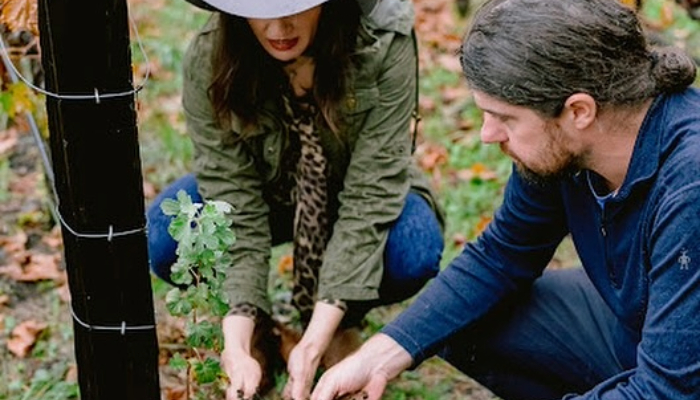
Image: Napa Green Vineyard Certification
Demeter Biodynamic Certification offers vineyards a holistic approach to sustainability, ensuring a thriving ecosystem that enhances soil health and wine quality. Rooted in Rudolf Steiner’s biodynamic principles, this certification promotes biodiversity, eliminates synthetic chemicals, and integrates natural rhythms into vineyard management. Certified vineyards benefit from improved vine resilience, enhanced terroir expression, and recognition in global markets. To obtain Demeter certification, winegrowers must adhere to strict biodynamic farming practices, undergo regular inspections, and implement soil and plant preparations that nurture vineyard vitality. By achieving Demeter certification, vineyards demonstrate a deep commitment to regenerative agriculture and producing wines of authentic character.
Also read: Regenerative Viticulture: A Transformative Trend in the Wine World Becomes Established
LIVE Certified is a premier sustainability certification for vineyards and wineries across the Pacific Northwest, ensuring eco-friendly viticulture and responsible resource management. Established in 1997, it promotes climate action through regenerative farming, biodiversity conservation, and reduced chemical reliance. Certified vineyards maintain wildlife-friendly landscapes, prioritize soil health, and adopt sustainable energy practices. To obtain certification, vineyards complete the LIVE Vineyard Checklist, adhering to stringent environmental and social responsibility standards. With a commitment to fair labor practices and natural resource conservation, LIVE Certified vineyards produce exceptional wines while safeguarding the land for future generations.
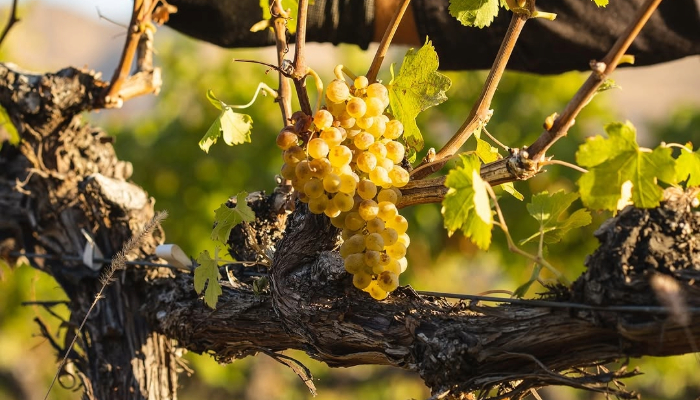
Image: Hard Row To Hoe Vineyards with LIVE certification
Salmon-Safe certification helps vineyards protect West Coast watersheds, ensuring Pacific salmon can thrive. By reducing vineyard runoff, safeguarding water quality, and enhancing native biodiversity, certified vineyards demonstrate a commitment to sustainable farming. Available to winegrowers in Oregon, Washington, and British Columbia, the certification aligns with programs like LIVE, Oregon Tilth, Demeter, and Sustainable WA. The process includes a site inspection assessing watershed impacts, with certification valid for three years and annual verification. By earning Salmon-Safe certification, vineyards not only meet rigorous ecological standards but also appeal to environmentally conscious consumers who value responsible winegrowing practices.
This is one of the most respected certification programs in the U.S., ensuring vineyards meet rigorous environmental, social, and economic standards. Developed by California farmers and scientists, it promotes biodiversity, water conservation, and integrated pest management while fostering healthy soil and fair labor practices. Certified vineyards benefit from improved grape quality, long-term sustainability, and enhanced marketability. To obtain certification, vineyards must adhere to strict guidelines verified by third-party audits. With over 1,200 certified vineyards, Lodi Rules empowers winegrowers to preserve resources and produce exceptional wines for generations to come.
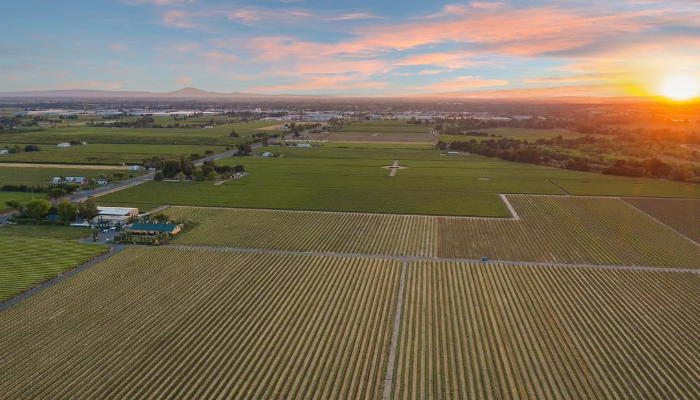
Image: Berghold Vineyards & Winery with Lodi Rules for Sustainable Winegrowing certification
Sustainable WA is Washington’s premier sustainability certification, designed by and for the state’s vineyards. Rooted in the Vinewise® and Winerywise™ programs, this rigorous, science-based certification ensures environmentally sound, socially equitable, and economically viable viticulture. The process begins with an online application (February–April), followed by a self-assessment (April–June) and an on-site audit (July–September). Certified vineyards benefit from enhanced soil health, watershed protection, and climate resilience while demonstrating their commitment to sustainability. Overseen by Washington Winegrowers, Sustainable WA elevates a vineyard’s reputation and supports long-term viability in the competitive wine market.
Sustainability certifications validate a vineyard’s commitment to responsible winemaking, enhancing resilience, wine quality, and consumer trust. Whether focusing on climate action, regenerative farming, or holistic practices, these certifications set vineyards apart in a competitive market. Embracing sustainability isn’t just an option—it’s the future of wine.
Header image sourced from LIVE Certified
Related Links
Experience Eco-Friendly Wines From The Napa Valley
The Wirra Wirra Tribe: Where Winemaking Meets Playfulness
Grow your wines in the off-premise channels of the USA. The Early Bird submission deadline is February 20, 2026, and the domestic submission deadline is June 30, 2026. Here is how to enter.